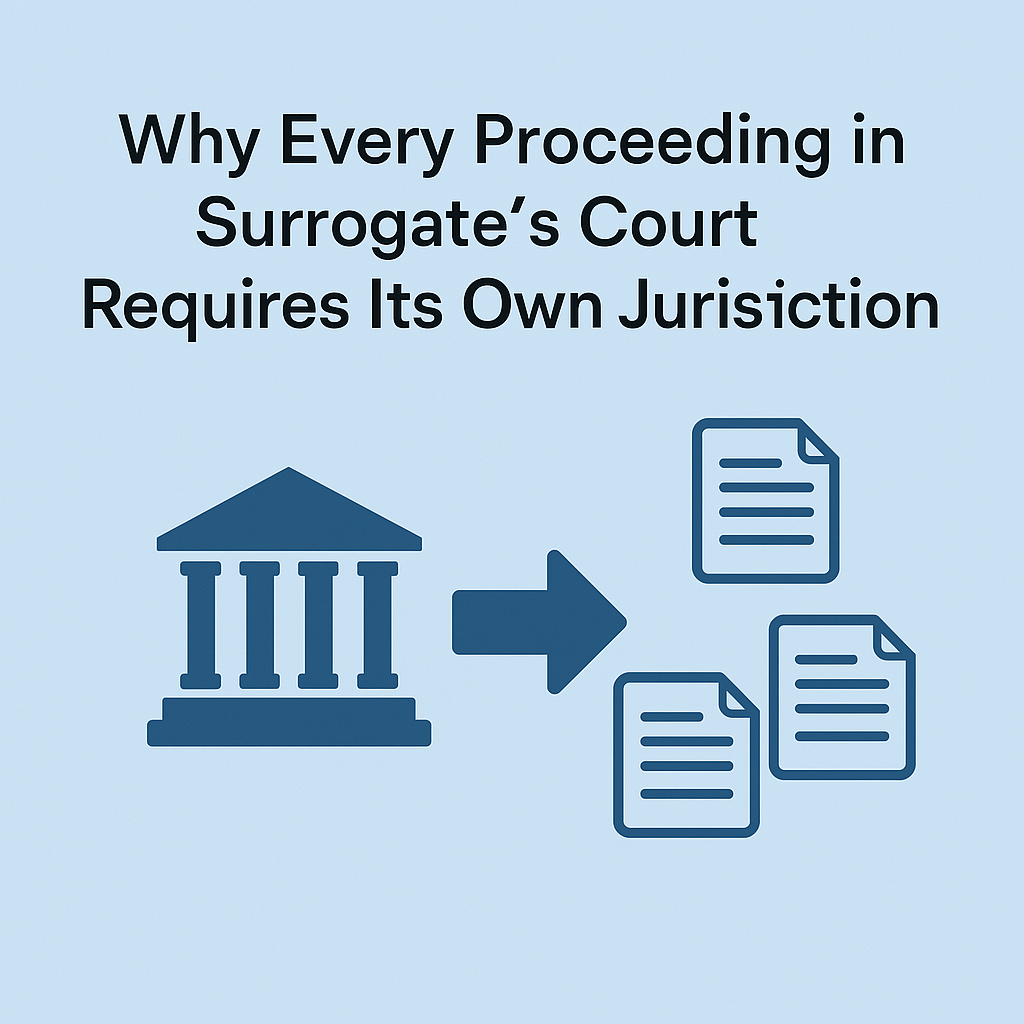The rules for a confession of judgment in New York are in CPLR 3218.
CPLR 3128 states:
§ 3218. Judgment by confession.
(a) Affidavit of defendant. Except as provided in section thirty-two hundred one, a judgment by confession may be entered, without an action, either for money due or to become due, or to secure the plaintiff against a contingent liability in behalf of the defendant, or both, upon an affidavit executed by the defendant;
1. stating the sum for which judgment may be entered, authorizing the entry of judgment, stating the county where the defendant resides and, if applicable, stating that the interest rate for consumer debt pursuant to section five thousand four of this chapter applies;
2. if the judgment to be confessed is for money due or to become due, stating concisely the facts out of which the debt arose and showing that the sum confessed is justly due or to become due; and
3. if the judgment to be confessed is for the purpose of securing the plaintiff against a contingent liability, stating concisely the facts constituting the liability and showing that the sum confessed does not exceed the amount of the liability.
(b) Entry of judgment. At any time within three years after the affidavit is executed, it may be filed, but only with the clerk of the county where the defendant's affidavit stated that the defendant resided when it was executed or where the defendant resided at the time of filing. The clerk shall then enter a judgment in the supreme court for the sum confessed. The clerk shall tax costs in the amount of fifteen dollars, besides disbursements taxable in an action. The judgment may be docketed and enforced in the same manner and with the same effect as a judgment in an action in the supreme court. No judgment by confession may be entered after the defendant's death. For purposes of this section, a non-natural person resides in any county where it has a place of business.
Notwithstanding any other provision of law to the contrary, a government agency engaged in the enforcement of civil or criminal law against a person or a non-natural person may file an affidavit in any county within the state.
(c) Execution where the judgment is not all due. Where the debt for which the judgment is entered is not all due, execution may be issued only for the sum which has become due. The execution shall be in the form prescribed for an execution upon a judgment for the full amount recovered, except that it shall direct the sheriff to collect only the sum due, stating the amount with interest and the costs of the judgment.
Notwithstanding the issuance and collection of such an execution, the judgment shall remain in force as security for the sum or sums to become due after the execution is issued. When further sums become due, further executions may be issued in the same manner.
(d) Confession by joint debtors. One or more joint debtors may confess a judgment for a joint debt due or to become due. Where all the joint debtors do not unite in the confession, the judgment shall be entered and enforced against only those who confessed it and it is not a bar to an action against the other joint debtors upon the same demand.
Notes
🔑 This post is for paying subscribers only
Sign up now and upgrade your account to read the post and get access to all premium content that is only for paying subscribers.
🔑 This post is for subscribers only
Sign up now to read the post. To get access to the full library of premium content, you must be a paying subscriber.
Already have an account ? Sign in
Hani Sarji
New York lawyer who cares about people, is fascinated by technology, and is writing his next book, Estate of Confusion: New York.




Related News
EPTL 7-1.12: Supplemental Needs Trusts in New York
Feb 27, 2025
IRC § 678: When a Non-Grantor Is Treated as the Trust Owner
Feb 23, 2025
IRC § 672: Definitions and Rules
Feb 23, 2025